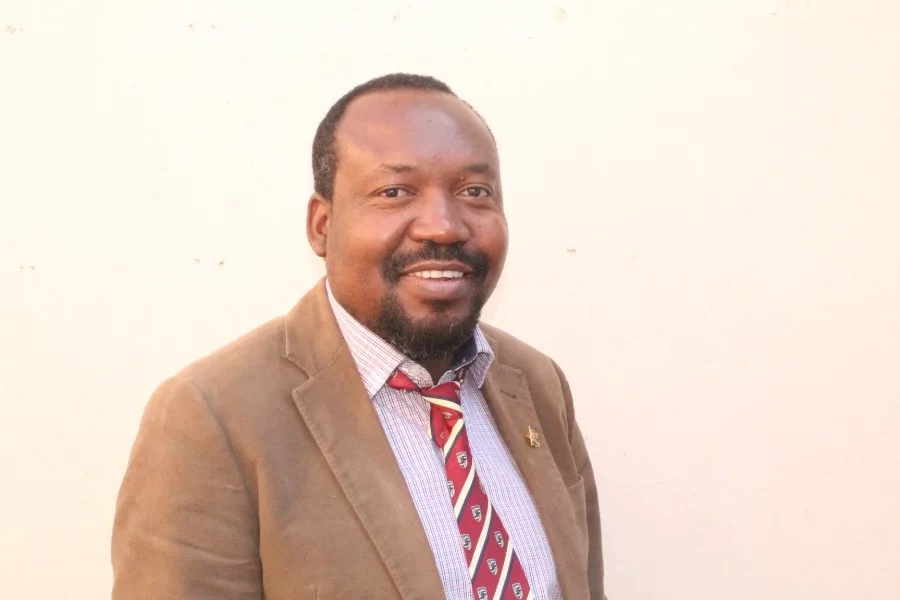
CIVIL Society Organisations are concerned that the country continues to fall short of the Abuja Declaration target of allocating 15% of the national budget to the health sector.
More than a decade after African governments pledged to allocate at least 15% of their annual budgets to healthcare, Zimbabwe is consistently failing to meet this goal.
Speaking at a pre-budget meeting hosted by Community Working Group on Health (CWGH) yesterday, Hwange Central MP and chairperson of the Parliamentary Portfolio Committee on Health, Daniel Molokele expressed disappointment over the current situation.
He highlighted the discrepancy between budgetary announcements and the actual disbursements.
“We will not achieve 15% this year, but what we should fight for as much as possible is for the Finance ministry to increase the budget on health,” Molokele said.
“All the United Nations agencies are assisting, yet our country fails to allocate at least 15% of the national budget. So, there is a problem, we can announce a budget, but when it comes to disbursement, it’s another story.”
He said Zimbabwe’s heavy reliance on external funding for its health sector was another cause for concern.
“We heavily rely on Global Funds, it allocates US$500 million on medicines and other things on our health sectors and that is how dependent our country is. Our national budget is smaller than the funding that we get, and mind you, it’s [UN] not the only partner that is funding Zimbabwe, we have so many partners, yet we fail to allocate at least 15%,” he said.
- Social commentary: Zim women face risks in giving life
- Bosso search for elusive away win
- CSOs dare African countries to implement humane drug policies
- Social commentary: Zim women face risks in giving life
Keep Reading
CWGH executive director Itai Rusike said Zimbabwe’s health sector was in dire need of prioritisation.
He highlighted the importance of a robust health insurance in achieving universal health coverage and sustainable development goals.
“National health insurance is critical for the achievement of universal health coverage. This is important in a country where currently only about 7% of Zimbabweans have medical insurance,” Rusike said.
“Sustainable progress towards universal health coverage requires that a country’s health financing system consistently generate sufficient, largely domestic resources. Empirical evidence has shown that government financing is the most efficient and equitable way to fund health.”
Rusike emphasised the importance of reviewing the health staff establishment to reflect the current demographic and macroeconomic trends.
“Appropriate incentives must be designed to ensure equitable distribution across urban and rural areas ensuring access to the under-served,” he added.
Economist Prosper Chitambara said the health sector had suffered years of gross underfunding with public health spending accounting for a relatively small proportion of total government spending.
“Low public spending on health hurts citizens the most and results in high out-of-pocket spending and an inequitable health system that only guarantees access to those who are able to pay,” Chitambara said.
“The inadequate public financing of health has resulted in an overreliance on out-of-pocket and external financing which is highly unsustainable.”
He pointed out that drug shortages should be urgently addressed and the capacity of such local drug manufacturers as the National Pharmaceutical Company and CAPS should be enhanced.
CSOs, parliamentarians and UN agencies also attended the meeting.










